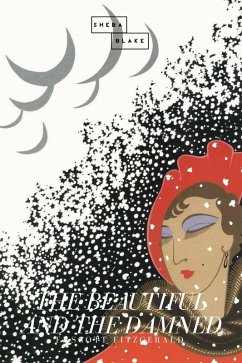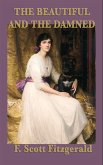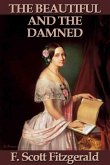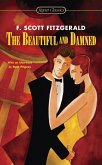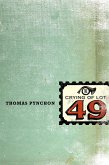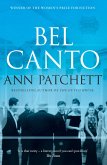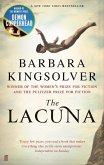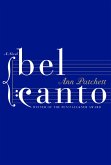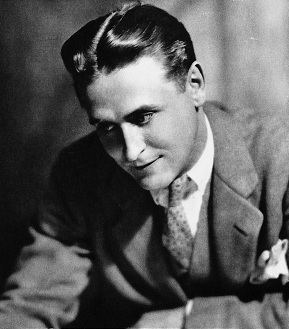The Beautiful and the Damned is F. Scott Fitzgerald's second novel. It explores and portrays New York café society and the American Eastern elite during the Jazz Age before and after "the Great War" and in the early 1920s. As in his other novels, Fitzgerald's characters in this novel are complex, especially with respect to marriage and intimacy. The work is generally considered to have drawn upon and be based on Fitzgerald's relationship and marriage with his wife Zelda Fitzgerald. The Beautiful and the Damned tells the story of Anthony Patch, a 1910s socialite and presumptive heir to a tycoon's fortune, and his courtship and relationship with his wife Gloria Gilbert. It describes his brief service in the Army during World War I, and the couple's post-war partying life in New York, and his later alcoholism. Gloria and Anthony's love story is much more than just a couple falling in love. Their story deals with the hardships of a relationship, especially when each character has a tendency to be selfish. Joanna Stolarek suggests, Fitzgerald draws on "Zelda, the object of the writer's literary passion." Toward the end of the novel, Fitzgerald sums up the plot and his intentions in writing it somewhat, even referencing his own first novel, when a financially successful writer friend tells Anthony: "You know these new novels make me tired. My God! Everywhere I go some silly girl asks me if I've read 'This Side of Paradise'. Are our girls really like that? If it's true to life, which I don't believe, the next generation is going to the dogs. I'm sick of all this shoddy realism. I think there's a place for the romanticist in literature."
Dieser Download kann aus rechtlichen Gründen nur mit Rechnungsadresse in A, B, BG, CY, CZ, D, DK, EW, E, FIN, F, GR, H, IRL, I, LT, L, LR, M, NL, PL, P, R, S, SLO, SK ausgeliefert werden.

